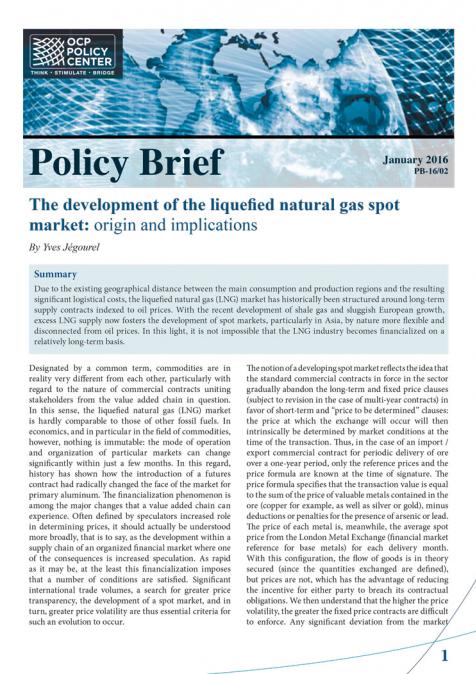Atelier de présentation : « Réformes de l’administration publique au Maroc » - suite
Président : M. Jamal SALAHEDDINE, Directeur de la Modernisation de l’Administration, au niveau du Département de la Réforme de l’Administration, Maroc 1. La Simplification des procédures administratives : Mme Ikram HIMMI, chef de la division de la simplification des procédures et de l’appui de l’éthique, Maroc 2. La Charte des services publics : M. Hatim MOURADI, chef de la division de l’innovation et des programmes de modernisation, Maroc 3. La Déconcentration administrative : M. Mohammed Anouar ELHAZZITI, chef de la division de la restructuration de l’administration et de la déconcentration, Maroc 4. La Moralisation dans l’administration publique : M. Mustapha BAHEDDA, chef de service de l’appui de l’éthique, Maroc












